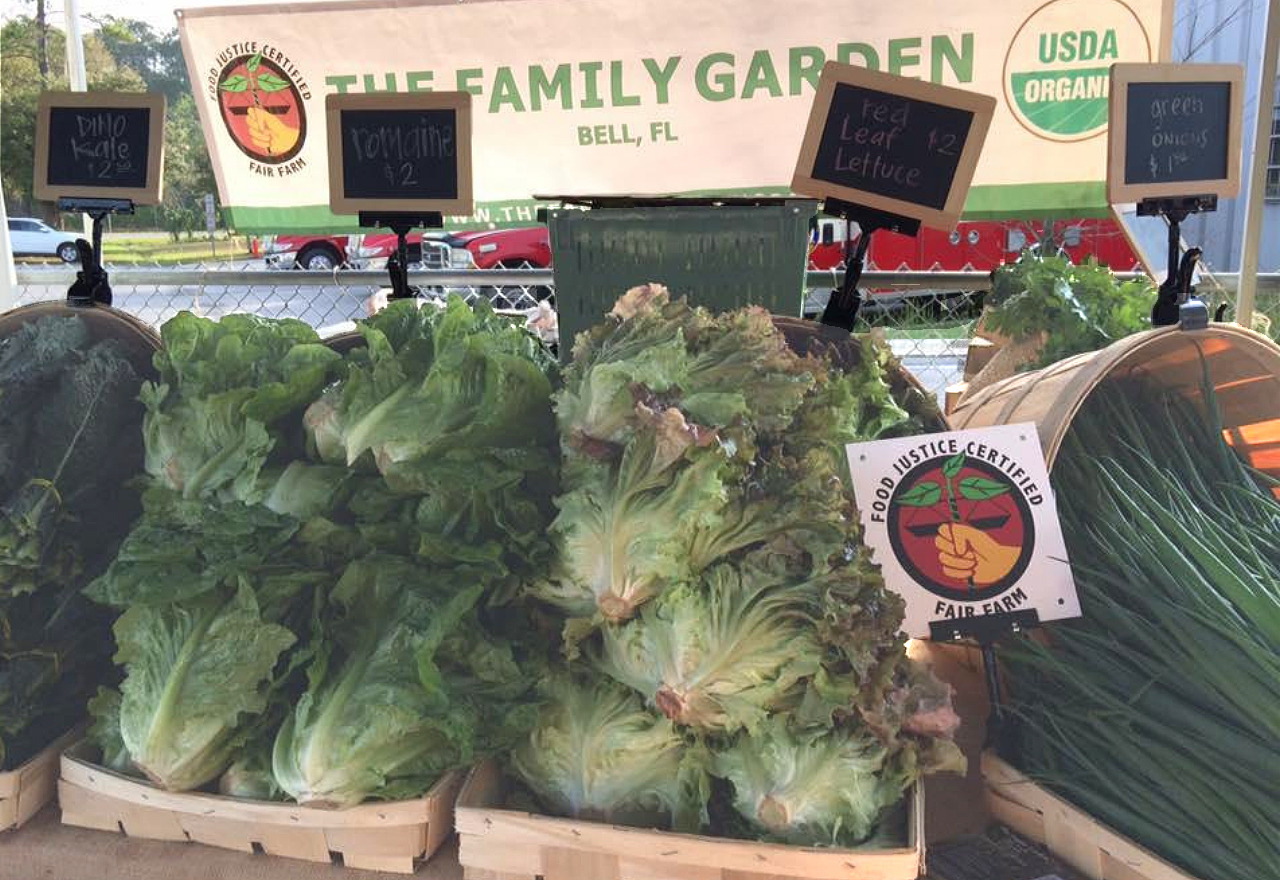Organic farming sustains ecological systems—of which humans play an inextricable role. But the USDA organic standards fail to address how farmers are paid or how anyone who plays a role in getting your organic food to the table is treated.
In 1999, the Agricultural Justice Project (AJP) was founded to fill this gap.
Its Food Justice Certified program gives consumers a tool to identify organic farms and food businesses that engage in high-bar fair labor and trade practices. This gold standard has been lauded in independent reviews by Consumers Union and the Domestic Fair Trade Association.
AJP adapts fair trade models built over previous decades with family farms in the global south to US realities (e.g., the refusal of markets to pay premiums). Its standards, built collectively in 2005 with input from farmers and farm workers, include such rights as equity, respect, and ethical working and living conditions for farmers and farm workers. They even stipulate learning contracts for interns and apprentices. Five farms and one co-op (GreenStar Food Cooperative) carry AJP’s Food Justice Certified label.
These standards are not universal to all organic farms. “Consumers make a lot of assumptions,” says AJP co-founder Elizabeth Henderson. “They assume organic farmers can pay better than they are actually able to pay.” She points to USDA data indicating that the majority of farmers rely on an off-farm job for health insurance and quality of life; organic farmers are no different.
AJP is modest, yet weighty. The non-profit recently provided technical assistance and templates to 83 Northeast farms that participated in a fairness self-assessment.
While the pandemic has paused new certifications, it has underscored AJP’s value. Both The Real Organic Project (ROP) and the Regenerative Organic Alliance, which oversees the Regenerative Organic Certified label, have taken note of AJP’s achievements. ROP is consulting with AJP to provide the farms it certifies with information on legal labor policies and ROC recognizes AJP’s stringent standards as a threshold for meeting its “Farmers & Worker Fairness” standards. (Ohio Ecological Food and Farm Association is AJP’s primary certifier.)
“This is the moment to make sure the food for our future is fair,” Henderson says. “We have no excuses.”
Now is the time for influential brands to play a role in creating “market pull” for food justice certification, she says. Her plea: Increase pay to farmer suppliers so fair working conditions are no longer considered a luxury.
“Social justice is an important value for many organic farmers, and yet the constant downward pressure on pricing makes it difficult for them to live up to their deeply held beliefs.”


